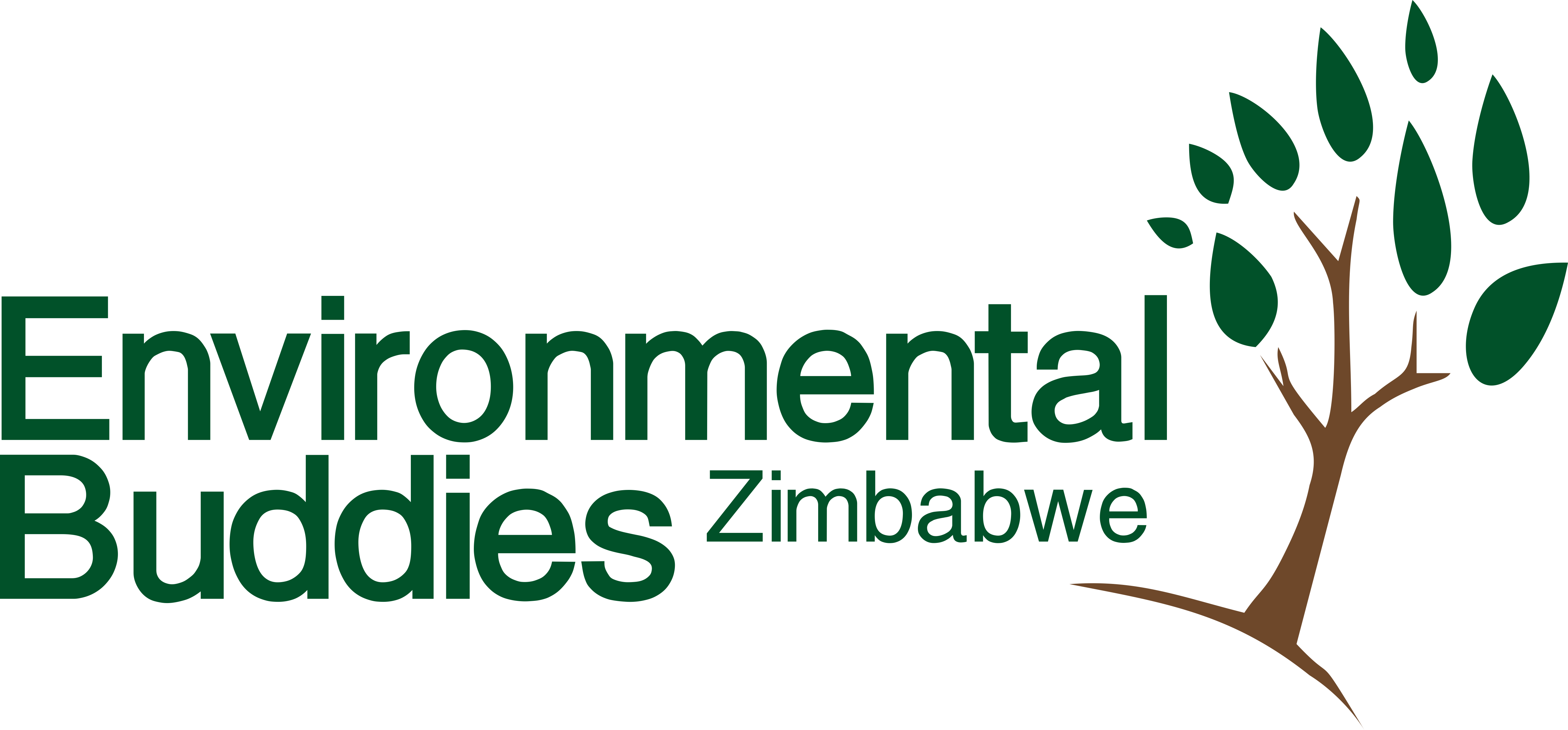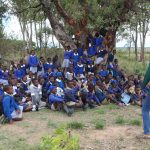World Environment Day 2020: Being Water Wise.
On this day I have been pondering about water issue or rather crisis the world faces today. I have observed that most hand dug water wells have actually dried up or almost drying up and it only May. Most of these wells in other years would not dry up or dried up around November, just before the rains starts. Drying up of well in May means water shortages from now up to November. But this is not only limited to hand dug wells. Some over 40 m deep machine drilled wells are experiencing the same. I have noticed this in our project areas in Domboshava, Marange, some parts of Mutare. From conversations with friends from other places, I also gathered the same. We have a serious water crisis on our hands. It is getting worse with each passing year.
This world is drying up. It’s so fast it’s scary.
Soon water will become more expensive, less accessible and mostly women and children will have to walk longer distances to look for water. Our livestock will not have to drink. They will all die. Our forests will fail to regenerate.
Our problem is, infiltration rates have been affected greatly. Rain water is failing to penetrate our soils. Our soils are hard or crusting because of lack of plant cover and organic matter and absence of roots to aid infiltration. This is caused by removal of vegetation (deforestation). All rainfall rushes into the rivers and straight to oceans where that water will not be of much help to communities.
Across the Africa and the world as a whole, communities are waking up to this reality and have started coming up with rain water saving techniques. The techniques are a combination of both traditional and modern ways of saving water.
Examples include:
- A community in Kenya that has dug 80 000 holes in the community to help keep water in the community.
- Mr Phiri from Zvishavane, Zimbabwe who has been digging water harvesting Pits in his community. https://www.youtube.com/watch?v=cXLD0akTmrI
https://www.youtube.com/watch?v=ieqYZaT0JwA&t=28s
https://www.youtube.com/watch?v=ieqYZaT0JwA&t=28s
- Allan Savory who has been using holistic methods to curb desertification. https://www.youtube.com/watch?v=3QFNH0lNqqE&t=430s
https://www.youtube.com/watch?v=vpTHi7O66pI&list=PLRLvOlmv3cRaZEK_vCIaWJsljTrNHLbkb
https://www.youtube.com/watch?v=q7pI7IYaJLI&list=PLRLvOlmv3cRaZEK_vCIaWJsljTrNHLbkb&index=2
It would also help our communities if we all adopt these measures in Zimbabwe. Suppose we dig 1m*1m*1m holes in all the pieces of land that are not currently being used for crop production this rainy season. All the water collected will percolate into the ground and recharge our ground water storage and also slowly find its way to our rivers all year round. This will ensure that we bring back perennial rivers back to our communities, compared to seasonal rivers we all have now.
But we also need to combine this with other degradation mitigation measures such as planting trees, planting grasses and weeds. We need a seed refectory that specializes in wild grass and weeds seeds. The seeds can be broadcast at the onset of the rainy season. When they germinate, they will ensure our soils have cover and are protected from agents of erosion (water and wind).
We need to practise Sustainable water saving techniques at household.
1) Rain water harvesting at household level. This can be done by constructing concrete underground water tanks or use our normal JoJo tanks.
2) Avoid using hose pipes or overhead irrigation, rather opt for Drip irrigation.
3) Washing of cars should be done using buckets and not hose pipes
4) Don’t wash dishes over running water. Rather use sink bowels or dishes to do so. Have two bowels, one for washing and the other for rinsing.
5) Always use a cup or glass of water when brushing your teeth. Avoid wasting water by making it run the entire time you are brushing your teeth.
6) Recycle all your grey water whenever you can. There is lots of literature on the internet on how to do this. Newly constructed houses should actually take this into account so that grey water is already separated from all the waste water.
Save water..💧💦💧💦💦💦
Save our planet.




